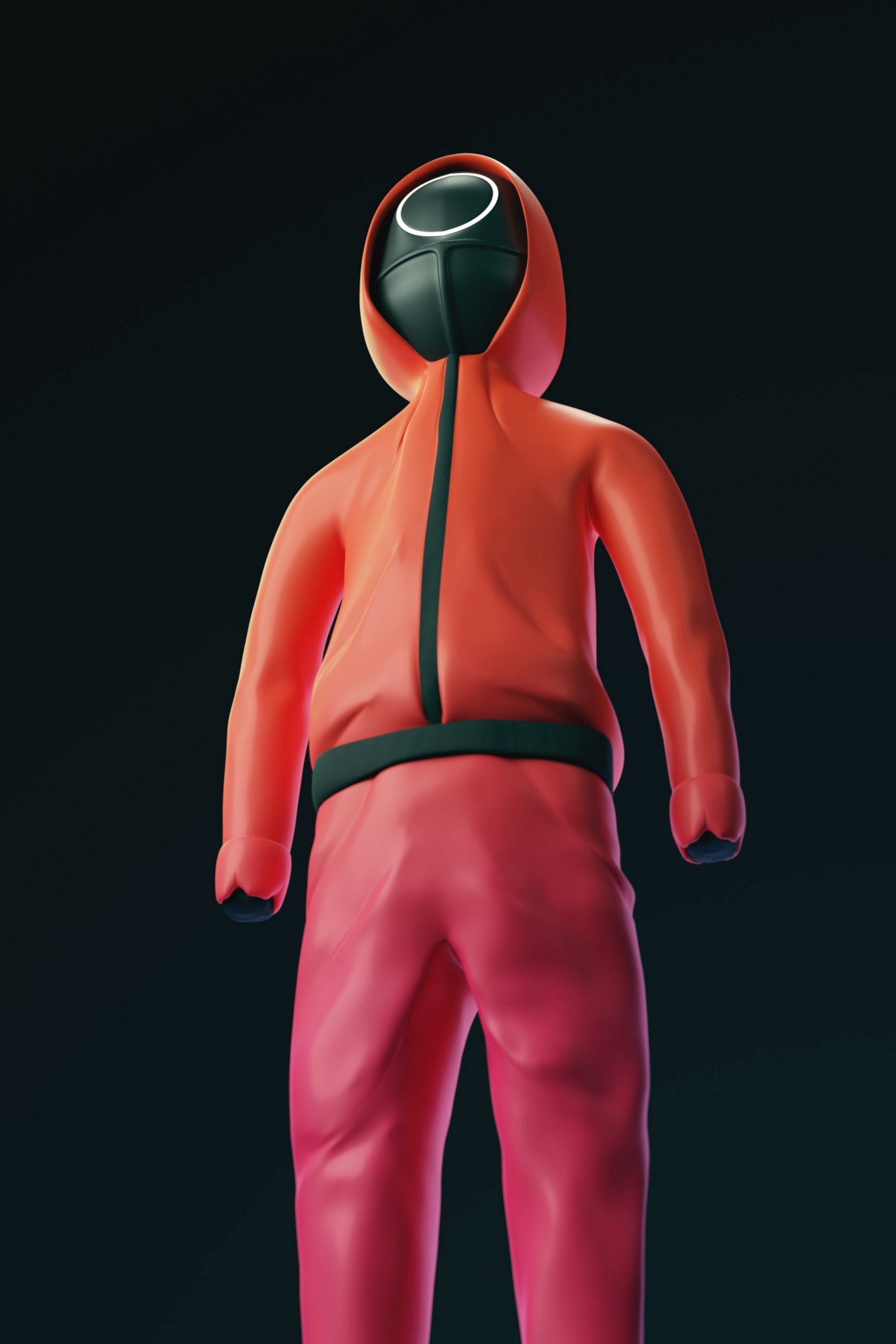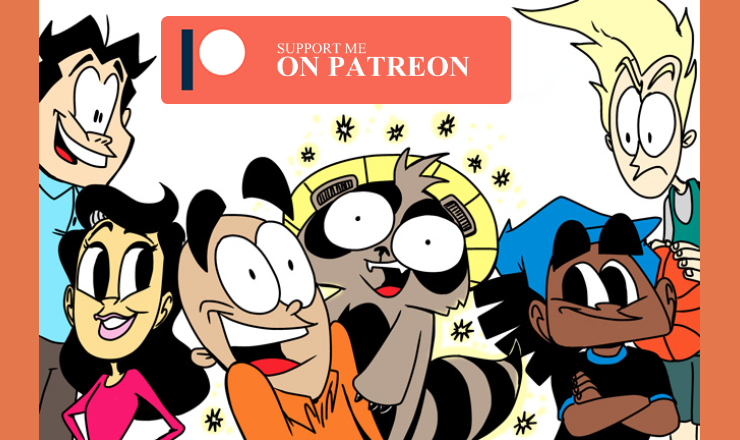Stop Letting Your Kids Watch Squid Game
/Why it's worse than violent video games
Photo by Vadim Bogulov on Unsplash
Disclaimer: Squid Game spoilers are sprinkled throughout this article.
"I love watching Squid Game. It's so good!" a 7th-grade student said to me the other day.
How are they able to watch a show like that at their age? I was shocked with a massive side of feeling appalled.
In some ways, I get it. The setup of Netflix's most-watched show to date grabs you and won't let go. Everyone's talking about it, and you're thrilled to join in and be a part of the phenomenon. Who cares if it glorifies senseless killing and makes it seem like a person's life is meaningless. It's gripping entertainment.
The entertainment we as adults can look at from many sides and approach objectively is fine. What about people who openly let their kids who are under the age of 15 watch? Yes, I believe Squid Game is too raw and real even for teenagers.
Right off the bat, I enjoyed the show and was pleasantly surprised by the direction it took at every turn. No surprise, I usually hate bloody series where people's lives are popped off like they're roaches infesting a house. The story and mystery of Squid Game caught me.
As a father of an eleven-year-old, though—who I would never let view such a violent extravaganza—I was shocked to discover families are sitting down, cuddling together, and watching Squid Game like it was made for them.
As a middle school teacher, my 6th-8th grade students love discussing the show and talking about their favorite parts and bragging about how their parents can't wait to make popcorn and get back to viewing a show where hundreds of gamblers and criminals compete in childhood games and get shot dead if they lose.
Maybe it's because the show's violence is relegated to mainly getting shot, stabbed, or dropped from great heights. It's not excessively gory or disgusting to watch, but players of the game are being killed and incinerated the entire run.
Survival shows are nothing new, and I know young people enjoy watching them. Squid Game feels different to me for several reasons.
Popularity doesn't mean it's suitable for everyone
The show wouldn't get the attention it does from families if it weren't as popular. Viewers want in on the latest hit, no matter the genre or plot. Heck, that's how it pulled me in.
Squid Game was released on September 17 and, in 23 days, became the top most successful show on Netflix, leaving its other popular show, Bridgerton, in the dust. Over 1 billion hours were spent watching the series by viewers.
It caught on like wildfire but is that an excuse to let kids watch?
Part of the show's draw is the childlike games the players engage in, like Red Light Green Light, where if you're caught moving on red, you get shot dead.
An interesting idea. What's stopping children from adding killing to their games out on the playground? Even if it's just pretending—point your finger at a friend and pretend to shoot them down—is this ok?
A council in England doesn't think so. The Central Bedfordshire council in the south of England issued notices to parents to make them aware of where watching shows like Squid Game could lead:
“There have been some concerning reports recently about children and young people ‘playing’ Squid Game whilst at school. Squid Game is also being viewed via other platforms such as YouTube and TikTok, and given the popularity of the games in the show, developers have made various mini-games based on Squid Game on Roblox and other gaming platforms.
We strongly advise that children should not watch Squid Game. The show is quite graphic with a lot of violent content.”
When you see how meaningless the characters' lives feel in the show, dying seems like nothing important at all. Not only is this desensitizing young people to killing and death, due to the nature of the children-themed games they play, it feels like the characters deserved it.
Violent video games and animation hit differently
Squid Game feels very real and is set in what looks like the real world. You get the sense that this sort of game could be happening around the world right now. Indeed, this is one of the reasons the show is as popular as it is, but will young people get excited about possibly playing in it one day?
We now have people competing in Quidditch games based on the ever-popular Harry Potter series. Could this lead to wealthy investors actually starting a game like this in real life? Will a twelve-year-old grow up and want to build their own death game?
The games the adults are playing are based on ones they loved to play as kids. Who wouldn't want to play tug of war? Adding the part where you die if you lose is twisted and normalizes death games in young minds.
Playing violent video games also gives you less concern for killing and watching people die, but at least it's computer-generated.
Children shouldn't spend all their time playing those types of games, but they can turn it off and get it's fake due to the animation and the fact that they're making decisions with a game controller.
In Japanese animation, survival anime shows like Gantz and Attack on Titan are set in fantasy worlds or dystopian futures. You can distance yourself, thinking this is happening in another place. It's more of a "What if" type scenario in a universe very different from ours.
Just say no to kids glorifying real-life violence
I know you think I should chill out. It's just a TV show, after all. Very true. But it's the most popular TV show in the world. You know this genre will grow and expand now that studios know the pull live-action violent games have on viewers. Is this the direction we want television to go?
In five years, will we have real-life death games we're all tuning in to watch, like in the Schwarzenegger movie, The Running Man, where people are betting on who will survive and dismissive of those that die? I'm not ready for that kind of society.
Giving children access to animated violence isn't great, but we know they have an interest. At least when it's not with actual human beings, they can see it as the entertainment it was meant to be.
If you're a parent of a pre-teen, don't share the show with your kids. Several years from now, if they're still interested, perhaps they'll be developmentally ready to take on such a violent take on kid's playground games.
Until then, keep young people away from Squid Game.
Want more? If you’re struggling with creativity and putting your work out regularly, join my (free) email list, and through comics and articles, discover how to upgrade your mindset here.






